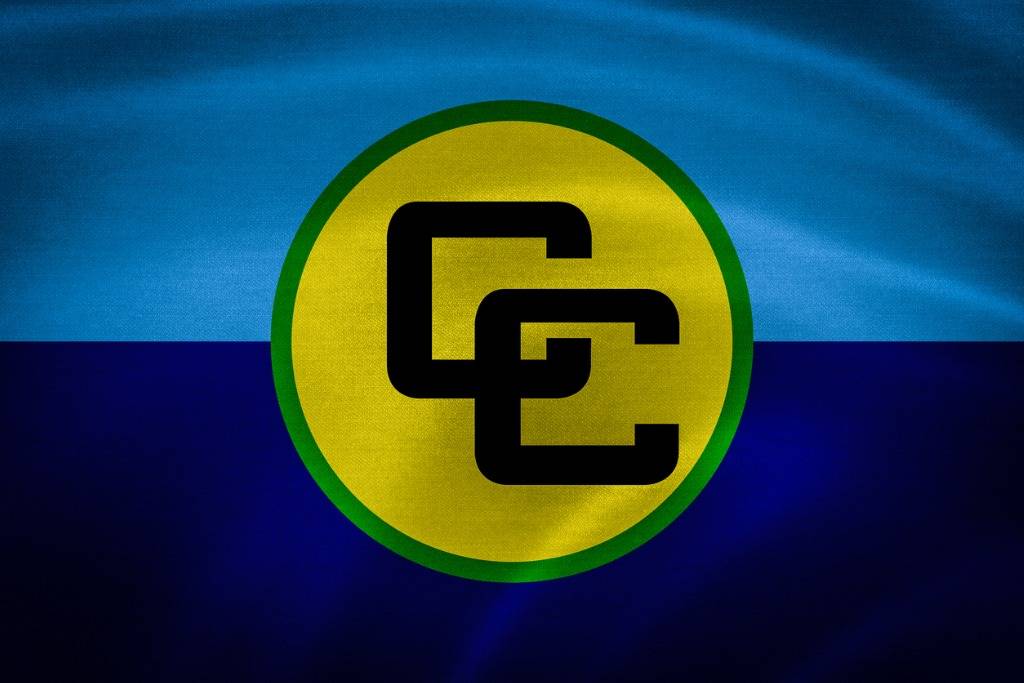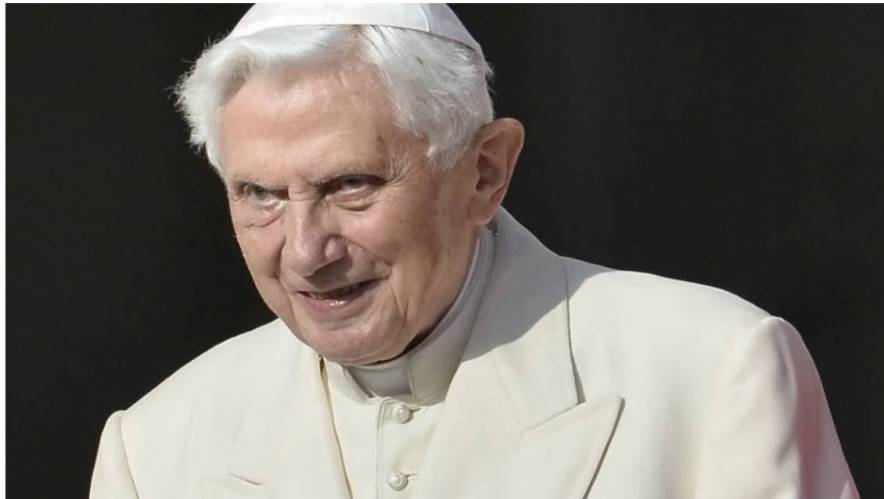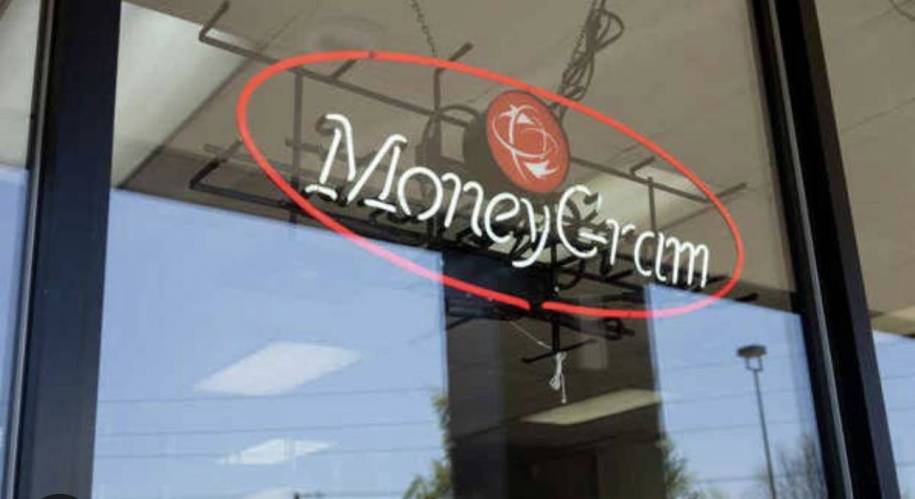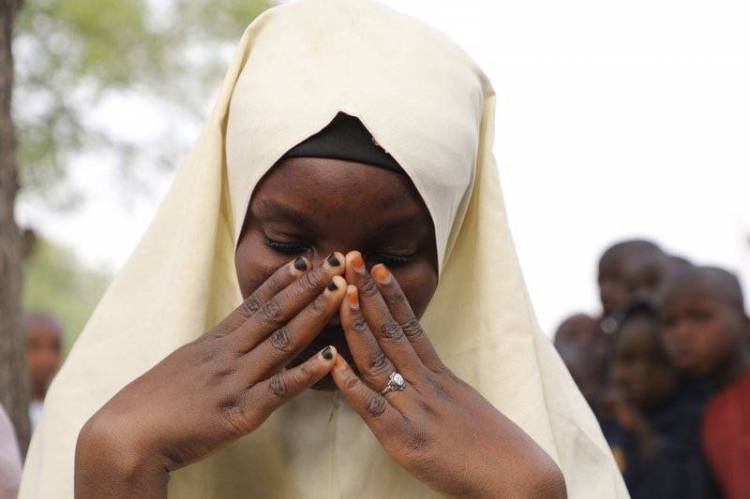CARICOM urges US to lift sanctions against Venezuela

Caribbean Community (CARICOM) leaders have asked the United States to lift its sanctions against Venezuela to allow regional countries to benefit from the PetroCaribe initiative.
PetroCaribe is a regional oil procurement agreement between Venezuela and Caribbean countries that was founded in June 2005 during the late Hugo Chavez’s ‘ presidency.
Under the agreement, Caracas offered member states oil supplies on a concessionary financial deal.
In 2013, PetroCaribe established links with the Bolivarian Alliance for the Americas (ALBA), aiming to go beyond oil trade and promote economic cooperation. Still, the deal fell apart by 2019 as a result of a number of factors, including the US sanctions based on alleged irregularities in the presidential elections that maintained Nicholas Maduro in office.
Since 2022, Caracas has been discussing with countries to revive the initiative.
In a statement issued late on Thursday night following their discussions with US Vice President Kamala Harris, the regional leaders said they recognised that to address the challenge of energy security, there must be a balanced approach to develop the region’s hydrocarbon resources and to maximise renewable energy potential.
They agreed that the Caribbean-US engagement must continue to examine areas for deepened collaboration where opportunities exist.
“In the context of the bilateral relationship with the United States, CARICOM Heads of Government urged for the removal of sanctions on Venezuela to allow countries in the region to benefit from the PetroCaribe initiative and for progress on the exploitation of cross-border natural gas fields between Trinidad and Tobago and Venezuela. The leaders also reiterated CARICOM’s consistent call for removing sanctions against Cuba,” the statement said.
Last week, Trinidad and Tobago Minister of Energy and Energy Industries, Stuart Young, addressing an international conference in Miami, said the oil-rich twin island republic has found itself “experiencing the collateral damage of the geopolitics” as a result of the ongoing tense relationship between the United States and Venezuela.
Young said that Venezuela, which is seven miles from Trinidad and Tobago, sits on the largest known oil reserves in the world.
Young said the two countries, in 2017, negotiated a commercial term sheet with Venezuela to develop a significant gas field with three trillion cubic feet (tcf) of proven gas reserves, known as the Dragon gas field, and to bring the gas to Trinidad via 17 km of pipeline, to one of the country’s offshore facilities.
“This particular project is caught in the world of geopolitics and requires the most delicate of negotiations, including, but not limited to, further and ongoing negotiations with the United States and Venezuela. I look forward to us being able to bring this project to fruition,” Young said.
In its statement, the CARICOM leaders said they welcomed the meeting with Harris, saying, It presented a useful platform for productive discussions and was indicative of a longstanding relationship characterised by collaboration on many issues of mutual importance, including trade and investment, security, health, energy, disaster management and climate change”.
The leaders said they noted the progress of the work of the High-Level Committee on food security between the US, CARICOM and the Dominican Republic resulting from the Summit of the Americas process.
“They reaffirmed that the matter of food security must continue to be given priority as part of the enhanced Caribbean-US engagement. They emphasized that, to this end, commitments already made must be implemented and that the two sides should examine additional ways to address this challenge, which affects the Region and the global community,” according to the late-night statement.
The leaders also welcomed the announcement of increased resources to respond to the trafficking of firearms and gun crimes. However, they underscored their grave concern at the continued increase in the illegal exportation of guns from the United States, which contributes significantly to crime and violence in the Region, causing death and disabilities and compromising safety and democracy.
They called on Washington to support efforts to manage porous borders and share intelligence to combat the increasing destabilisation due to firearm proliferation and related crimes in the Region.
With respect to the situation in Haiti, leaders underscored that social and economic development is critical to the country’s future stability.
“They outlined ongoing CARICOM Good Offices Initiatives, including the appointment of an Eminent Persons Group (EPG) to broker discussions with Haitian stakeholders scheduled to formally start with meetings in Jamaica from 11-13 June 2023.”
The leaders also stressed the importance of reform of the global financial system to mobilise short-term liquidity for crisis response and long-term funding for sustainable development, as proposed under the Bridgetown Initiative.
They acknowledged the progress made to include Climate Disaster Clauses and noted that support is needed to finance Global Public Goods that address mitigating their vulnerability, the statement added.






0 Comment